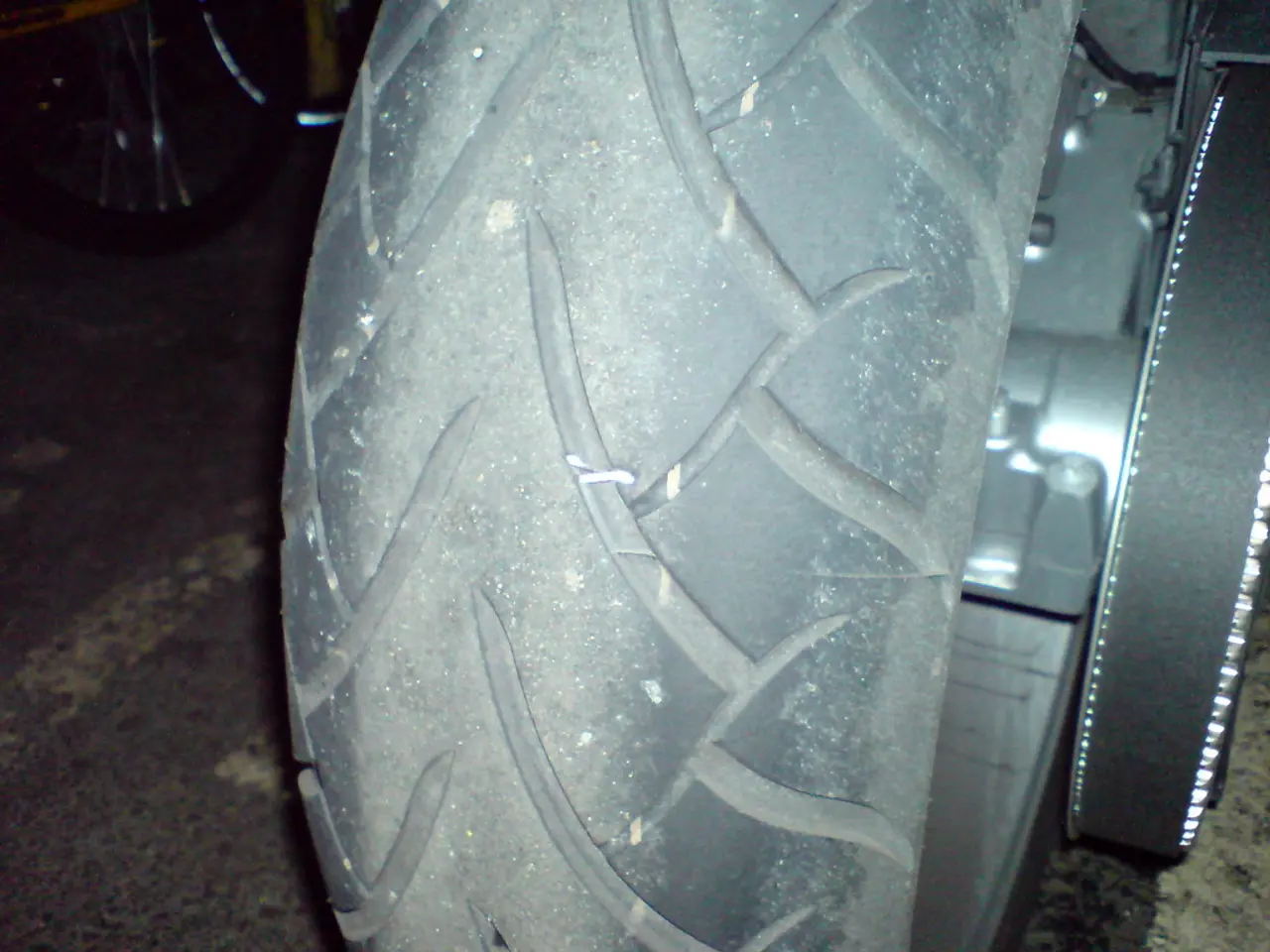Annually, the United Kingdom exports 50 million discarded tires to India, according to a recent study
The export of waste tyres from the United Kingdom to India has sparked concerns over human health, environmental impact, and legal challenges.
Impact on Human Health
Improper handling or recycling of waste tyres can pose serious health risks. Toxic fumes released during improper disposal or burning contain carcinogens and particulate matter, contributing to respiratory problems, skin diseases, and other health issues in affected communities. Workers involved in recycling or processing often face exposure to hazardous chemicals and unsafe working conditions.
Environmental Impact
Exporting waste tyres to India can exacerbate environmental degradation. Tyres are non-biodegradable and accumulate, causing soil and water contamination, air pollution, increased fire hazards, and negative effects on biodiversity and local ecosystems through harmful chemical runoff. India's increasing tyre production and imports, particularly in regions lacking stringent waste management infrastructure, intensify these challenges.
Legal Challenges
The trade in waste tyres faces multiple legal challenges. The UK's efforts to regulate tyre imports and exports aim to ensure fair trade practices and environmental safety. However, the Trade Remedies Authority (TRA) is primarily investigating anti-dumping tariffs on new tyres from China, which indirectly affects waste tyre trade dynamics.
India and the UK are strengthening trade ties, but waste tyre exports may not be adequately addressed within these scope agreements, presenting a regulatory gap for hazardous waste management in bilateral trade. India regulates hazardous waste under national laws aligned with international agreements like the Basel Convention, but non-compliance or weak enforcement leads to illicit tyre imports and environmental dumping.
Summary
While the UK exports waste tyres to India within larger trade frameworks, these exports pose significant risks to human health and the environment due to toxic emissions, pollution, and fire hazards. Current legal frameworks, including trade agreements and domestic regulations, are struggling to fully address these challenges, requiring stronger cooperation and enforcement to manage the environmental and social costs effectively.
As of FY24, the import of waste or scrap tyres has increased significantly, and UK exporters are making a profit by sending waste tyres to India instead of recycling them safely in the country. The UK government is facing a legal challenge over its failure to stop this practice, with the campaign group Fighting Dirty represented by law firm Leigh Day leading the charge. Over 50 million British waste tyres are being burned for fuel in India each year, and the practice has grave consequences for human health and the environment.
- The environmental issue of climate change can be exacerbated by the unchecked export of waste tyres, as it leads to increased pollution and a rise in greenhouse gas emissions, which are detrimental to global warming.
- The financial aspect of the waste tyre industry could be improved through investments in environmental science and the development of advanced recycling technologies, rather than relying on energy-intensive, environmentally harmful practices.
- The industry's reliance on energy consumption during the recycling process contributes to environmental degradation and increased climate-change effects, emphasizing the need for energy-efficient solutions within the waste tyre industry to promote a sustainable future.




